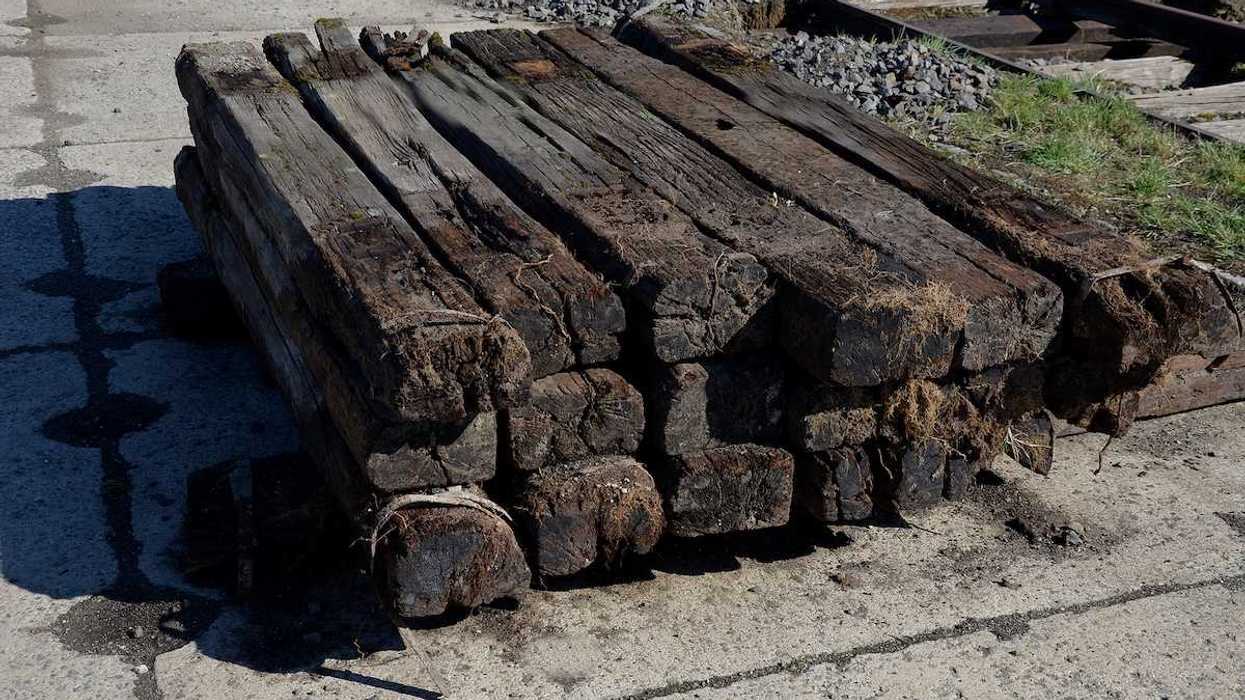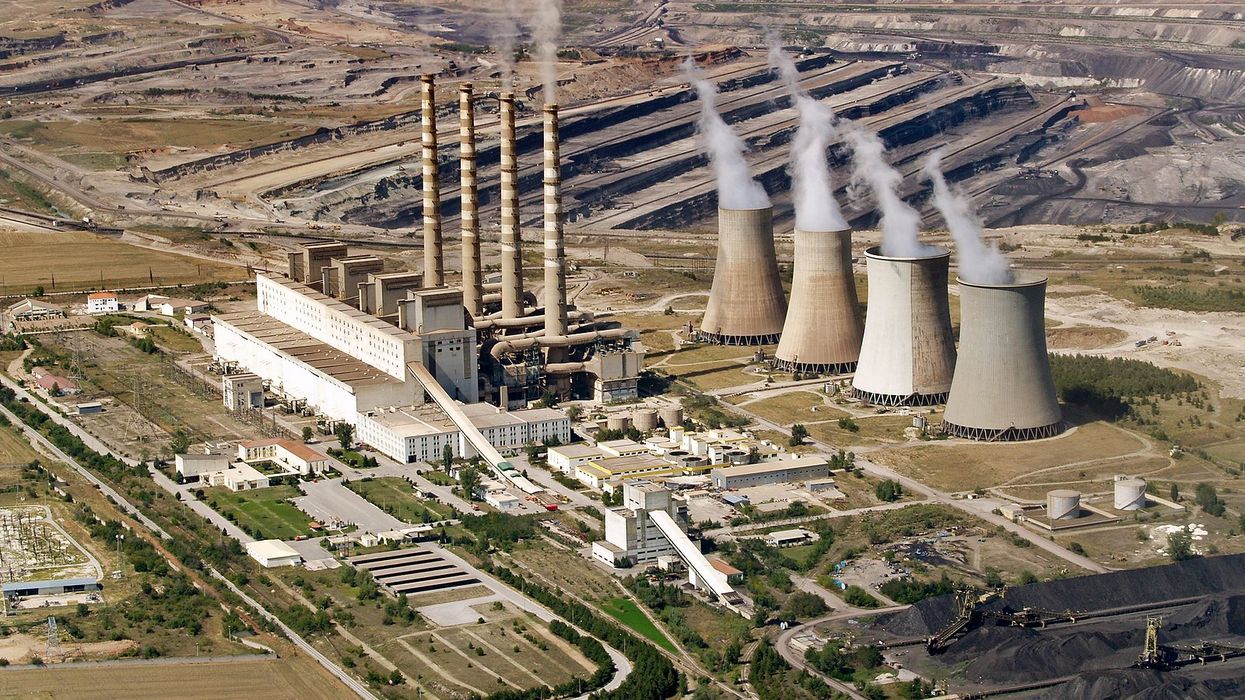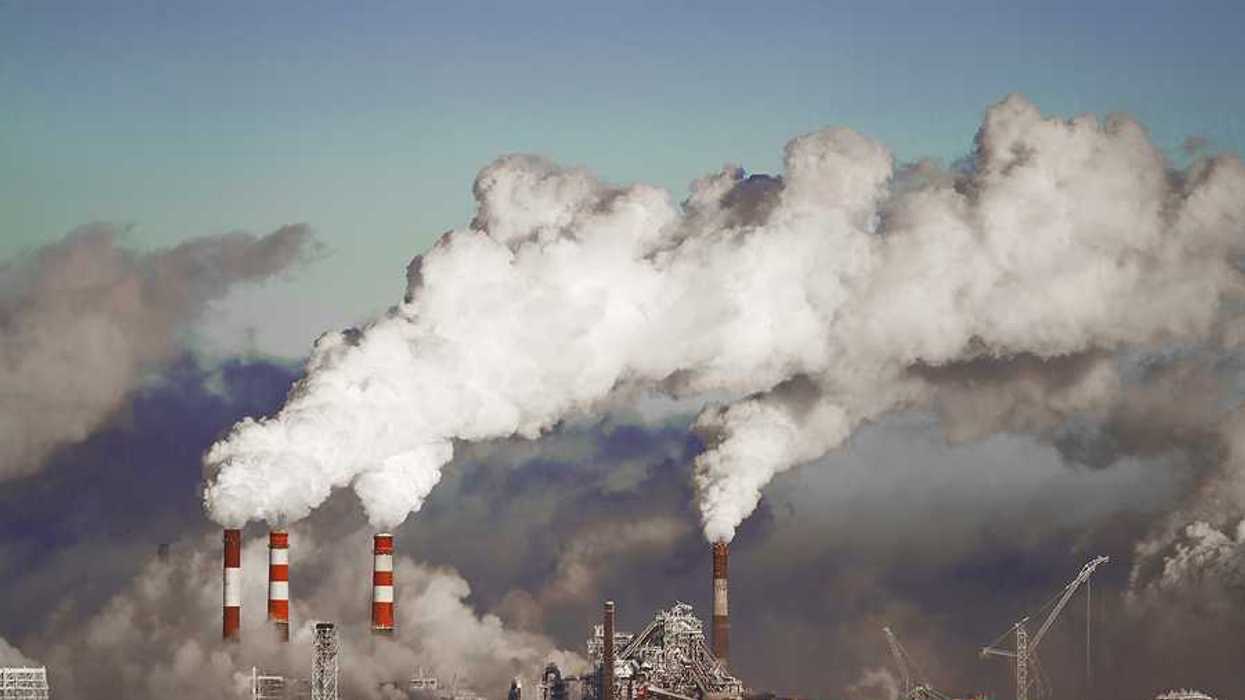Energy News Network writer Kari Lydersen reports on a recent national hearing about new coal ash regulations, at which U.S. Environmental Protection Agency officials were met with photos and tearful stories of deceased loved ones. Along with emotional stories, the agency heard testimony that its proposed exemptions would cause loopholes and confusion.
In a nutshell:
The EPA's proposed new rules, which would subject more coal ash dumps to federal regulations, were criticized for leaving many dumps unregulated. Residents from predominantly Native American, Latino and Black communities highlighted the environmental injustices caused by coal ash and urged the EPA to expand the proposed rules and enforce existing ones more rigorously. Concerns were also raised about the contamination of drinking water and the need for comprehensive testing and cleanup of coal ash sites.
Key quote:
“My husband and I had plans when I retired to travel; now he’s in the graveyard,” said Betty Johnson, the widow of a cleanup worker at the infamous 2008 Kingston, Tennessee, coal ash spill.
The big picture:
Unregulated coal ash pollution poses significant health dangers to communities exposed to its toxic effects. Coal ash, a byproduct of burning coal, contains heavy metals and other hazardous substances that can contaminate air, water, and soil. When ingested or inhaled, these toxins can lead to a range of health issues, including respiratory problems, cardiovascular diseases, neurological disorders, and an increased risk of cancer. The lack of regulation and proper disposal measures for coal ash allows these harmful substances to seep into groundwater, pollute drinking water sources, and create a risk of exposure through dust particles, putting communities at risk of long-term health complications.
Read more at Energy News Network.














